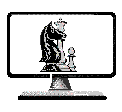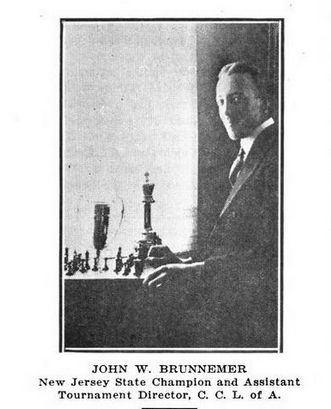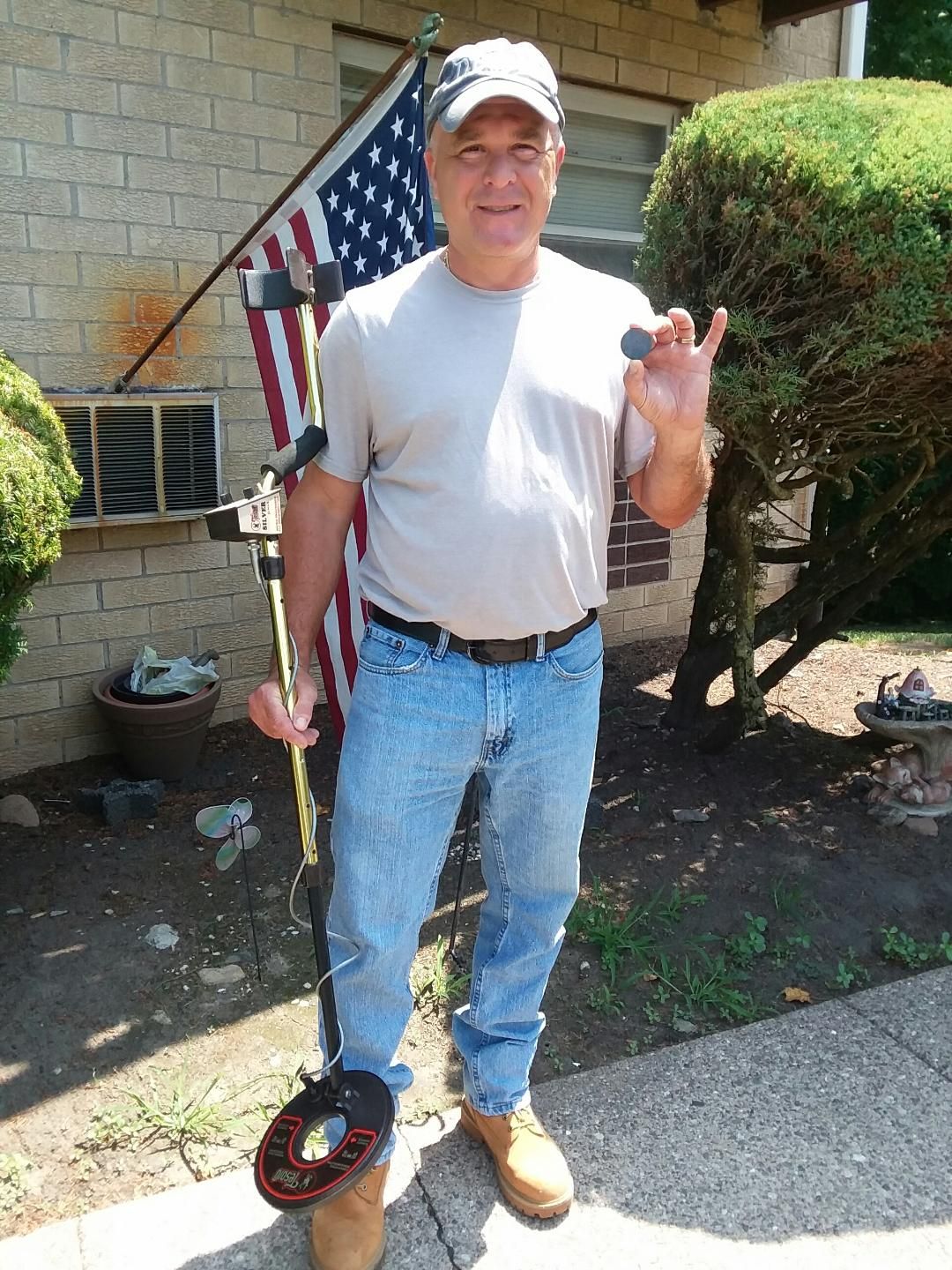 | |
CCLA Server Chess | |
Depending upon your processor and internet connection speeds, game files may take several seconds to load in the pgn viewer. The blank chess boards will populate when ready for viewing. Note: individual game scores cannot be extracted here; the entire file may be downloaded - see link below. |
Chess Games of John William Brunnemer |
| PGN Viewer courtesy of ChessTempo. |
To download this file, click link below to open file in a separate window; select a directory on your computer and save.
| Download: Chess Games of John William Brunnemer |
 |
John William Brunnemer was born January 13, 1898 in Brooklyn NY. As a high school student, he won a game from the future world champion in 1915 in Capablanca's simul exhibition. He was a member of the Brooklyn Chess Club and was living in Hillside, NJ when he won the New Jersey State Championship in 1921, beating C H Armstrong (the previous year's winner) in a play-off match. He annotated many games in the American Chess Bulletin (forerunner of the Chess Correspondent) and was named CCLA assistant TD 1921. Brunnemer held the NJ State Championship from 1921 - 1932, including a five year stretch during which he was undefeated. He died December 24, 1948 in Oradell, NJ, just two weeks short of his 51st birthday. |
Retired NYPD policeman uncovers |
I had a spiritual awakening around 3 years ago which I believe set this find in motion. I was a NYC Policeman working in the Bronx with 32 years of service. About 3 years ago, things got very hectic at work and times were tough. At this time I had a spiritual awakening which changed the way I felt and |
| continued top of next column ... |
| [top] |
| ||||||
handle situations at work and other aspects of my life. During the winter of 2018 a feeling came over me to search for something -- the idea came to me to use my father's metal detector which had been sitting dormant for years. At the time, I knew nothing about this hobby but did research and prepared myself. On Oct 31, 2018 I put in my retirement papers and left the NYPD. My hobby and journey began the next summer, in April of 2019. Searching with my detector took me to various places where I would find coins and other interesting stuff hidden away, but nothing major. | ||||||
The feeling that something was out there to find was always strong and never left. One day that journey took me to my in-laws and their property in Orangeburg, New York, just off Greenbush Road at the foot of Clausland Mountain. The home was built in the late 1800s so I figured a few old coins would be the most I would find. I spent twp days hunting the grounds, finding a few coins and some trash, but nothing really surprising. On July 4, 2019 , I spent early morning to early evening hunting around. About 8pm I thought to myself ok, it's time to go, guess that's all that I was destined to find. But something told me check one more hit, so I dug about four inches into the last pocket and observed this coin, covered in dirt but in good shape. I knocked the dirt off and saw the horse. Thinking it was an old American coin, I took it home, ran it under water and noticed the back inscribed "J W Brunnermer" and "1917" (see picture above.) | ||||||
That began my research of correspondence chess and Mr Brunnermer. I collected the history as best I could but the most fascinating read was a story posted in the Atlantic Chess News Annual of 2017, written by Robert N Bernard, showing Brunnemer's first win dated 1921. I didn't think it was coincidental that an article was written and the coin was found within 2 years of each other. All of that led me to CCLA. A search of the house and conversation with the owners both indicated no connection to J W Brunnermer. He lived a short time in Nyack, Ny on Lowland Drive. The only explanation I can think of is Brunnemer dropped the medal while hiking many years ago. After Nyack he moved to NJ were he continued to play chess and died in 1948. My feeling is J W Brunnermer led me to it and I know this coin is meant to be shown as a part of chess history, not stored away in a box. | ||||||
Rich Dix displays his detector and the century-old CCLA medallion he found | ||||||
 | ||||||
| [top] | ||||||
| SITEMAP | PRIVACY | CONTACT |